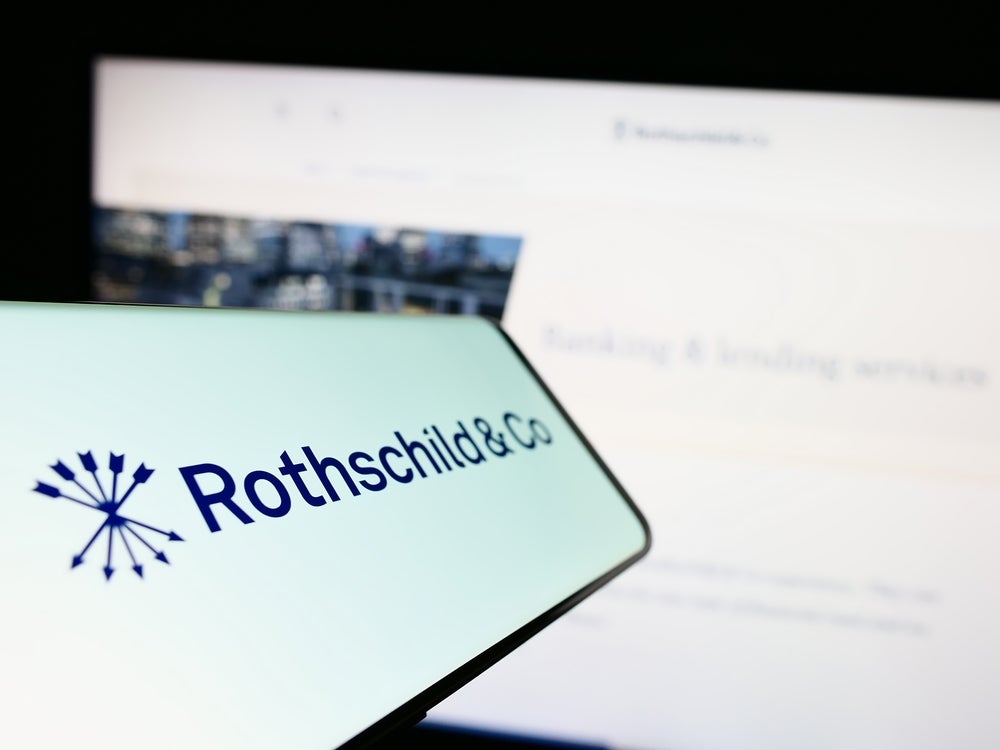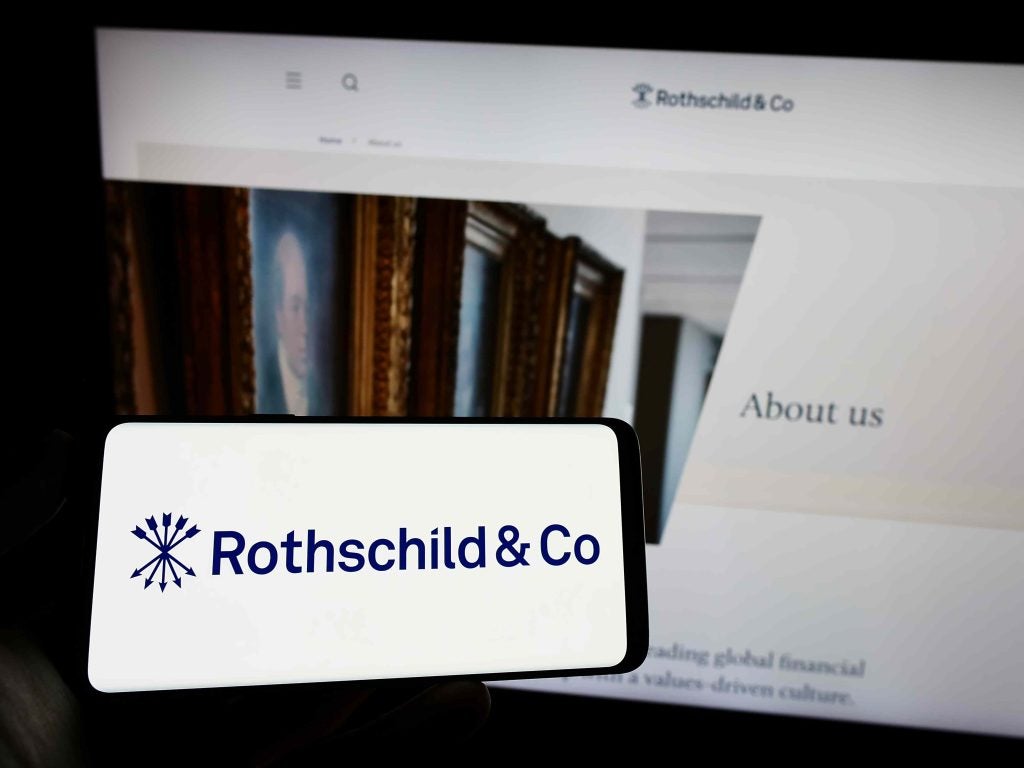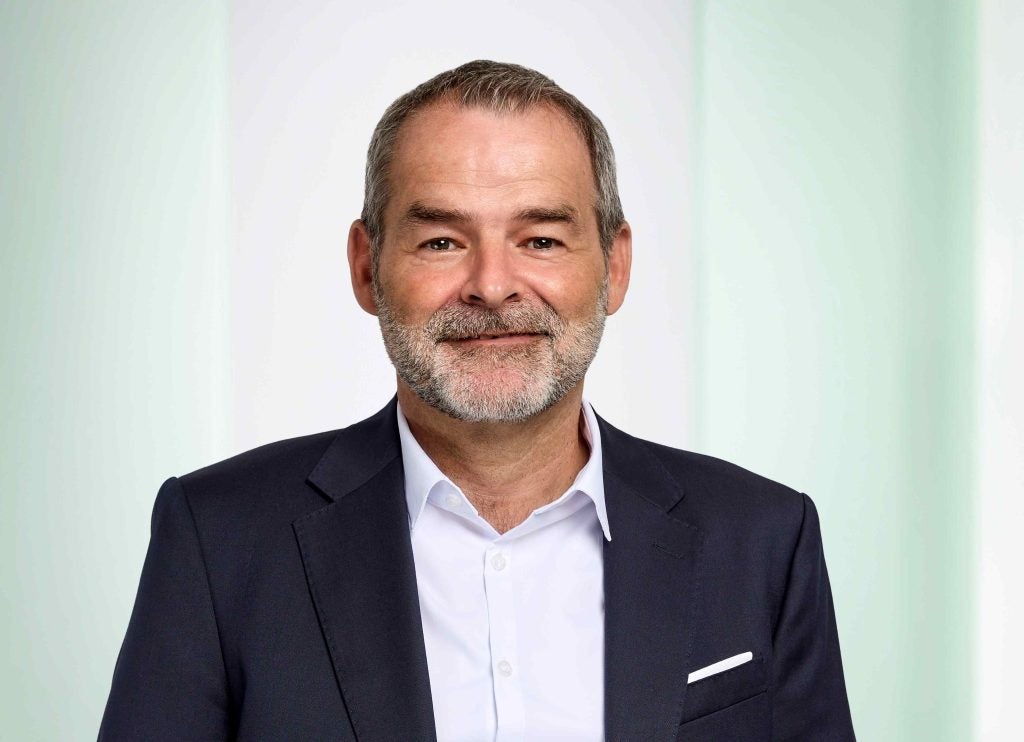
Taavet Hinrikus does not hold back. The 41-year-old Wise co-founder believes Europe’s tech industry risks falling behind behemoth innovation hubs in the US and China. He doesn’t blame the continent’s entrepreneurs, though. Instead he points a finger towards traditional investment firms in Europe, accusing them of lacking the entrepreneurial experience to make the European tech community reach its potential.
“We believe that the next-generation of startups deserves more. In a sector where cash has become a commodity, experience counts,” Hinrikus tells Verdict. “When you learn a craft, you want support from people who are just as obsessed with that process as you are. Founders can get an edge when they work alongside someone who shares their experience and insights.”
The Wise co-founder’s solution is to launch an investment platform called Plural together with a smattering of other European tech entrepreneurs. Plural’s other co-founders includes Songkick co-founder Ian Hogarth, former Bigpoint CEO Khaled Helioui, and Sten Tamkivi, who, like Hinrikus, cut his teeth at Skype before launching Teleport in 2014. Plural also teases that other respected founders will soon announce that they’re joining the venture.
“We believe in startup ecosystems where the successful generation of founders, as far as possible, actively give back to the next generation of tech company builders,” the Wise co-founder says about Plural. “We are building a scalable network of peers to make this happen. This thinking requires product building mindset, scale and inclusivity not just typical finance thinking. This is how we hope to have GDP level impact on Europe.”
Plural has just announced a €250m fund to help the new investment vehicle support European startups. The Plural founders raised the money themselves and through a group of “select LPs” compromising of a mix of “institutional investors like university endowments and leading startup founders.”
Hinrikus has skin the game. He co-founded Wise, formerly known as TransferWise, in 2011 together with Kristo Käärmann after the latter had struggled to transfer money to their native Estonia from the UK without paying extortionate fees. Over the following decade, they scaled the company to becoming a £8bn fintech powerhouse that went public last year.
How well do you really know your competitors?
Access the most comprehensive Company Profiles on the market, powered by GlobalData. Save hours of research. Gain competitive edge.

Thank you!
Your download email will arrive shortly
Not ready to buy yet? Download a free sample
We are confident about the unique quality of our Company Profiles. However, we want you to make the most beneficial decision for your business, so we offer a free sample that you can download by submitting the below form
By GlobalDataHinrikus stepped down as chair for the company in December. He has since embarked on a journey to support the continent’s startups. By doing so, he suggests that he is in the minority of investors who have real-life experience of running a successful startup.
This, he claims, is one of the biggest differences between American investors and their European peers. Hinrikus cites figures from non-profit Diversity VC that suggest that while 60% of general partners at US-based venture capital firms have run a startup of their own. In Europe, in contrast, that figure is 8%.
“[European] founders have not been well served by a generation of investors who are financiers first and lack scar tissue – the experience of bringing companies to scale,” Hinrikus says.
From Wise to Plural
The Wise co-founder has been teasing the launch of Plural since he helped take Wise public at a £8bn valuation in July 2021. The float proved one of the biggest initial public offerings (IPO) in London’s history.
Since the IPO, Hinrikus has dropped several hints that he’s been gearing up for his next step away from the money transfer company. He stepped down as chairman of Wise in December.
Throughout the first half of 2022, he repeatedly hinted that he’d like to be more involved in strengthening Europe’s entrepreneurial ecosystem. In February, he told Bloomberg that he wanted to do more to support startups. In March, he doubled down on those comments by announcing that he and Tamkivi were collaborating to create a new investment platform. With Hinrikus and his co-founders launching Plural, it’s clear the former Wise CEO wasn’t joking.
“We spent a lot of time hashing the concept out over a year, both on Covid-era video calls and some multi-day summits,” he says. “Then there was a key meeting of the lead investors in August [2021] where we all committed to jump in and make Plural happen.”
For their next step, the Wise co-founder says he and the Plural team want to “back entrepreneurs that have the desire to change their industries and keep learning and iterating at a very high speed.”
“People building products that are not 10% better, but 10 times better in multiple dimensions,” Hinrikus says. “In order to make a dent we need to channel the best entrepreneurs to the biggest problems we’re facing. And there’s an opportunity in the cross section of the biggest problems and practical solutions that turn into huge viable businesses.”
Is Plural just another VC firm?
Hinrikus has form when it comes to backing early-stage ventures. He has invested in over 100 different companies as an angel investor. He has, for instance, injected capital into energy storage venture Skeleton Technologies, contract-automation platform Juro, trading app Lightyear and company Bolt.
Of course, he is hardly alone in being a successful entrepreneur doing early-stage investments. UiPath founder Daniel Dines and Checkout.com’s Guillaume Pousaz are just two examples of other tech founders who have topped up the coffers of new ventures over the years.
Monzo founder and ex-CEO Tom Blomfield has similarly embarked on a career as an angel investor after leaving the neobank. He has argued that he’d like to offer the next generation of founders a better backer experience than what he had.
There are also example of European tech entrepreneurs launching venture capital firms to support startups. Former Skype boss Niklas Zennström has, for instance, headed up VC firm Atomico since 2006.
However, Hinrikus wouldn’t want to draw too heavily on comparison: he is adamant that Plural isn’t a VC firm.
“We call it an investment platform because we want to move right away from what we don’t like about traditional venture capital firms – the fact that they are very hierarchical, have static partnership models (like law firms), partners lack independence and they are at risk of collective group think,” he says.
“In contrast, we are building a scalable network of peer investors. We have created a decentralised approach to investment decision making. Each founding investor will bring forward companies to invest in that they are personally backing. Investors will put their own money in before coming to the fund.”
Other differences
The Wise co-founder argues that Plural also differs in how it chooses to invest. The company will limit the the number of investments each lead are allowed to work with.
“Investors will only work on four to five deals a year so that they can invest serious time and be fully available to support the founder they are backing,” Hinrikus says.
Plural will also not focus on one particular industry. Instead, each individual lead investors will decide what they get involved in.
“As a result, we’re looking at all areas but in particular we are investing in what our leads care about,” Hinrikus says. “We want to channel the best entrepreneurs to the biggest problems we’re facing.
“And there’s an opportunity in the cross section of the biggest problems and practical solutions that turn into huge viable businesses. Some early themes that our co-founders have pursued so far include: opportunity gap reduction, climate change, the future of governance and health. We want to build the non-obvious hard companies.”
Mum on Wise
Since Hinrikus stepped down as chair at Wise, the fintech venture has seemingly been caught in the same downturn as the rest of the tech community. The business’ shares have slumped from trading at an all-time high at £1,140 in September 2021 to a £318 low in June this year. The company currently trades with a £3.64bn market cap.
However, when we asked about the state of the company, Hinrikus’ press person told us that “Taavet is unable to comment on Wise.”
Other companies suffering from market volatility includes PayPal, Block and Affirm. Their shares have all fallen this year.
Private fintechs like Klarna have also felt the downturn. The Swedish buy-now-pay-later company is rumoured to be raising a funding round that could slash its valuation from the $45.6bn high it achieved last year to a new $15bn low. The business also recently announced it was going to lay off 10% of its staff.
Wise has, on the other hand, said that it is currently hiring to grow its staff.
Hinrikus’ Wise co-founder Käärmann recently landed himself in hot water after he was included on the UK HM Revenue and Customs’ public list of deliberate tax defaulters in September 2021, after failing to comply with his tax obligations. He failed to pay £720,495 for the 2017-18 tax year and received a fine of £366,000, the tax authority said.
Wise said on Monday that the Financial Conduct Authority had “commenced an investigation regarding the regulatory obligations and standards to which Kristo is subject”, after it shared details of its own investigation, according to The Guardian. The company’s share price dropped by 2.8%.
GlobalData is the parent company of Verdict and its sister publications.








